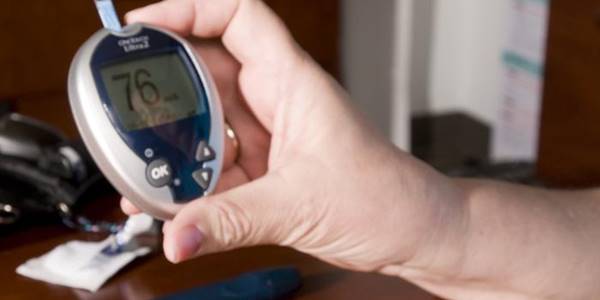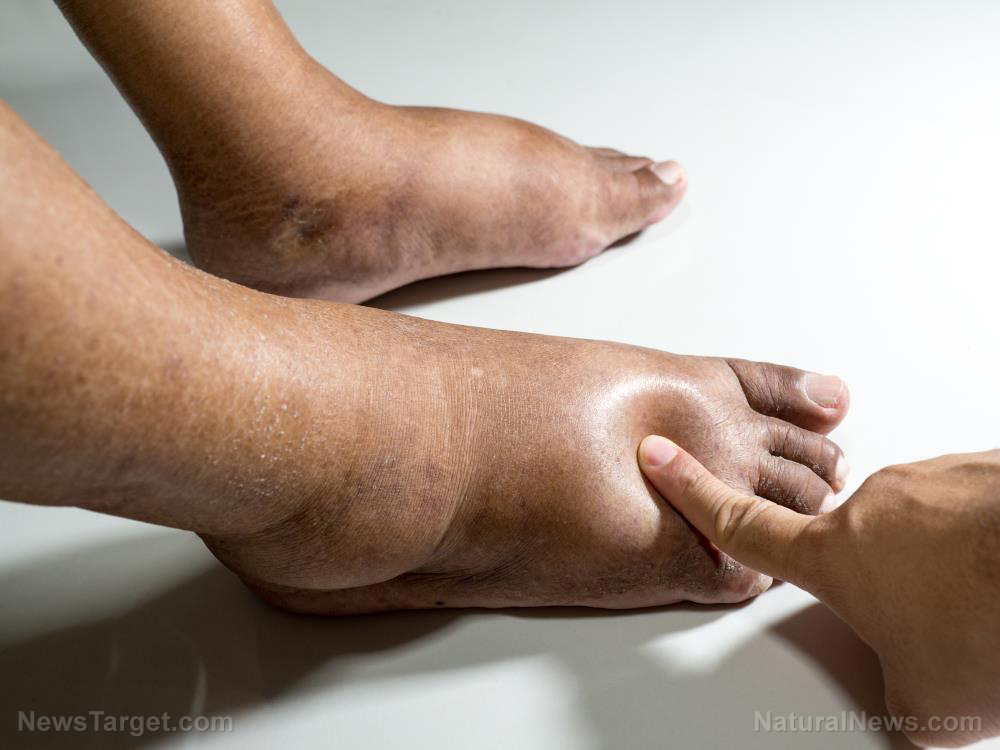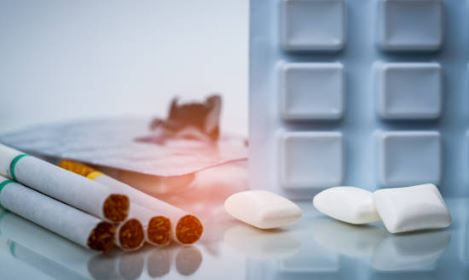Study: Late afternoon exercise helps control blood sugar, cholesterol and triglyceride levels
10/18/2022 / By Zoey Sky

Regular exercise is key to your well-being. According to a study, working out at a specific time of day also offers amazing health benefits.
Results of a Japanese study published in the journal Front Endocrinol show that exercising at around 4 to 6 p.m. helps to control blood sugar, cholesterol and triglyceride levels better than exercising in the morning, or around 9 to 11 a.m.
For the study, researchers observed 12 healthy young men. The volunteers were told to walk on a treadmill for one hour at 60 percent of their maximal oxygen uptake (VO2max) on Monday, Wednesday and Friday. The volunteers were all tested during and after a week of exercising only in the morning or just in the afternoon.
After continuous 24-hour monitoring of their blood sugar levels, the total blood sugar levels of the men were lower when they exercised in the afternoon. Their blood sugar levels after meals were also lower following afternoon exercise. Most cell damage from high blood sugar is linked to a high rise in blood sugar at least one to two hours after eating a meal.
The volunteers’ triglyceride levels were also lower after afternoon exercise. This is crucial since your blood sugar level rises after you eat. If it rises too high, sugar sticks to cell membranes and damages them. That’s why diabetes can damage every cell in your body.
When your blood sugar level increases, your pancreas releases insulin to keep blood sugar levels from rising too high. Insulin lowers blood sugar by then driving sugar from the bloodstream into the liver. But if your liver is full of sugar, the liver does not accept more sugar and all the extra sugar is converted to fatty triglycerides. Having a blood triglyceride level greater than 150 indicates that your blood sugar rises too high after meals and that you are already diabetic or prediabetic.
Blood levels of the good high-density lipoprotein (HDL) cholesterol were also higher after afternoon exercise.
When triglycerides rise too high, you are at increased risk for clots. To protect your body from a high rise in triglycerides, your HDL cholesterol carries the triglycerides from your bloodstream into your liver and a high rise in triglycerides causes a drop in blood levels of the HDL cholesterol. So the lower your HDL, the more likely you are to suffer a heart attack. (Related: Regular exercise is key to heart disease prevention, reveals study.)
The researchers warned that high blood levels of sugar and triglycerides, high total cholesterol and low HDL cholesterol are very strong markers for increased risk for heart attacks, diabetes and obesity.
Exercise just before or after a meal
Research suggests that regular exercise can help prevent and treat obesity, diabetes and heart attacks.
When your blood sugar rises after meals, your pancreas releases insulin. This then lowers blood sugar by driving sugar from your bloodstream into your liver and muscles, the only places in your body where you can store significant amounts of sugar.
When your liver fills up with sugar, it cannot accept any more sugar and all the extra sugar is converted to fatty triglycerides. But if you exercise, you can empty sugar from your liver and muscles.
When you exercise before or after you eat, your liver and muscles can accept more sugar. This then means that both blood sugar and triglycerides levels will be lower and the HDL cholesterol will be higher.
Exercising helps to protect you from storing extra fat in your body. Regular physical activity can also help prevent diabetes and protect against plaques forming in your arteries that can break off to cause a heart attack.
If you are in good physical condition, try to exercise regularly to help prevent diabetes, heart attacks and obesity. Having high blood sugar, high triglycerides or low HDL cholesterol increase your risk for these conditions.
If you’re not sure when to work out, you can exercise just before or after you eat to lower all these blood risk factors.
Remember that the least effective time to exercise is just before you go to bed at night. For best results, exercise before or just after you eat your last meal of the day.
Tips for eating well if you have high cholesterol
There’s a reason many health experts often recommend eating lots of fruits and vegetables with every meal.
Increasing the amount of fruit and vegetable servings you eat daily is important because the dietary fiber in fruits and vegetables can help lower your blood cholesterol. It also helps make you feel full longer and even protects against many types of cancer.
Instead of focusing on meat or carbs, plan meals around fruits and vegetables and try to have at least five to nine servings daily, according to the Dietary Guidelines for Americans of the United States Department of Agriculture.
If you are eating too much junk food and not enough fruits or vegetables, you can boost your intake by making dietary changes.
- Always plan your meal by starting with the fruit or vegetables, then build from there.
- If you want to have some cranberries, make some oatmeal for breakfast.
- If you prefer eggs for breakfast, get some vegetables, chop them up and make a frittata. Alternatively, you can prepare eggs however you want, but with a large serving of stir-fried or roasted veggies on the side.
- For a light snack, enjoy a serving of plain Greek yogurt with gently warmed, frozen berries or your favorite seasonal fruit. Top with chopped walnuts before eating.
- Add some arugula and pear to an egg for a flavorful and filling omelet.
- Snack on raw vegetables throughout the day or dip them in hummus if you want a quick and nutritious snack.
- Always have a piece of fruit on hand for a sweet and healthy energy boost when your energy levels drop in the afternoon.
- Make a pot of chili with lots of veggies like carrots, peppers and zucchini. Add more vegetables as you wish.
- Always plan meals around a salad or cooked vegetable so the servings can add up to your daily goal. When summer comes around, visit the local farmers’ market to buy seasonal produce.
Exercise late in the afternoon to control your blood sugar, cholesterol and triglycerides, and follow a balanced diet to boost your heart health.
Watch the video below to know more about maoberries, which can help boost your heart health.
This video is from the Groovy Bee channel on Brighteon.com.
More related stories:
Lower your blood sugar and keep your glucose levels balanced with these foods.
Boost your heart, brain and digestive health with rutin, an antioxidant flavonoid.
4 Health benefits of cinnamon, a powerful spice that can help reduce blood sugar levels.
Sources include:
Submit a correction >>
Tagged Under:
alternative medicine, blood sugar, cholesterol, diabetes science, exercise, fitness, health science, heart disease, heart health, natural health, natural medicine, prevention, research, triglycerides
This article may contain statements that reflect the opinion of the author
RECENT NEWS & ARTICLES
COPYRIGHT © 2017 DIABETES SCIENCE NEWS




















